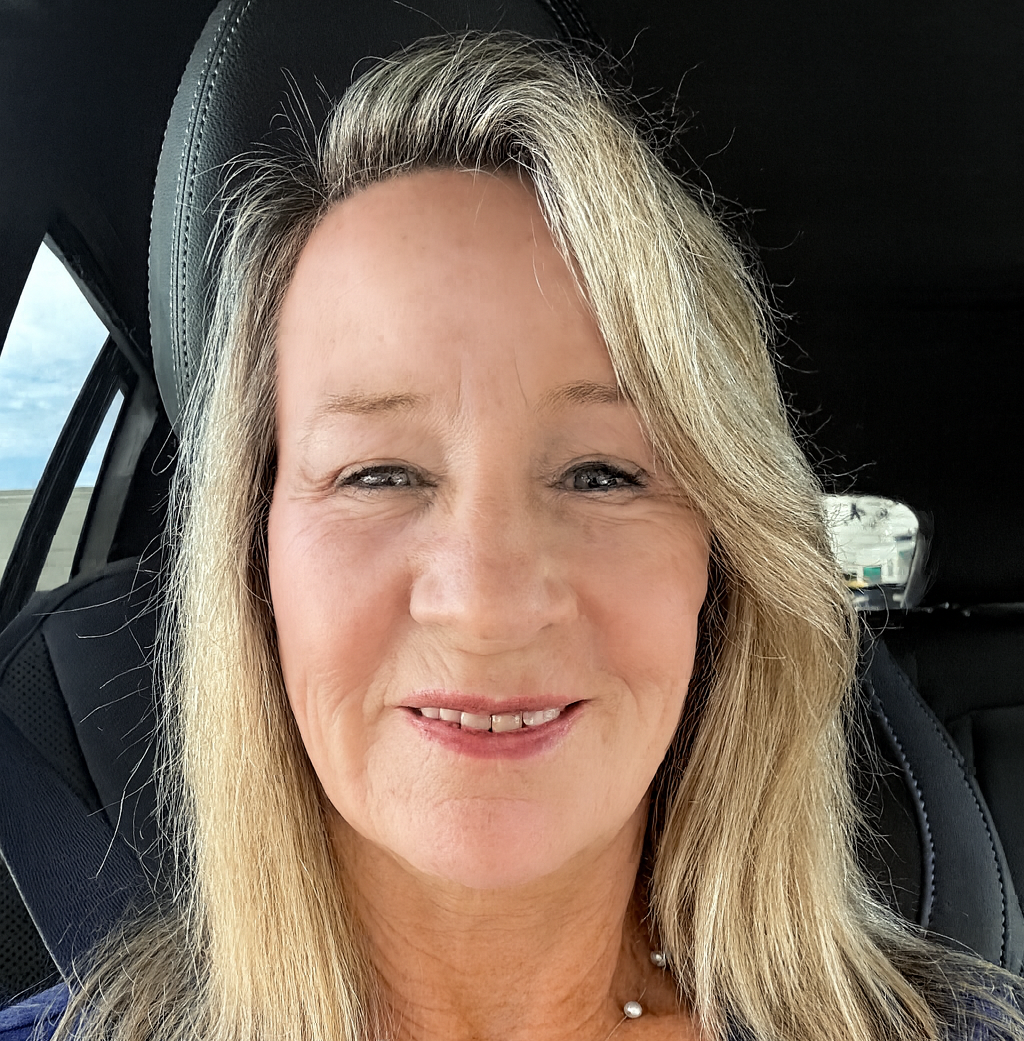VSG Maintenance Group
Sunday, June 16, 2024
This is an awesome post, Peps! Thank you for all those keystrokes.

ANN 5'5", AGE 74, HW 235.6 (BMI 39.2), SW 216, GW 150, CW 132, BMI 22
POUNDS LOST: Pre-op -20, M1 -10, M2 -11, M3 -10, M4 -10, M5 -7, M6 -5, M7 -6, M8 -4, M9 -4,
NEXT 10 MOS. -12, TOTAL -100 LBS.
Absolutely a well meaning rant and I appreciate it. I definitely am struggling to get the protein - which is why I started using protein drinks for coffee creamer and some snacks and try to eat fish, cottage cheese and eggs as much as possible. But some days it just may not be enough.
Unfortunately my maintenance calories at my ideal weight are 1350 (from tracking and calculating over the first years post-VSG when I was stable in that range), so getting enough nutrients is always work and requires planning.
Liz 5'3" HW: 219 SW: 185 GW: 125 LW: 113 Desired maintenance range: 120-125 CW: 119ish
And I love how you had such a great day with your Dad to cherish ![]()
Liz 5'3" HW: 219 SW: 185 GW: 125 LW: 113 Desired maintenance range: 120-125 CW: 119ish
Devon, I am just wondering what the thinking is behind so much protein? I can understand it if you are a body builder, like you, or an intense athlete, but your numbers for older women surprised me. My surgeon always said I should get 50 grams per day, which pretty much matches what I see on conventional nutrition sites. The protein issue DOES concern me as I have mild osteoporosis (and I have been battling bone loss since my 30's). My mom essentially died from osteoporosis, and my younger sister has had to have two major surgeries to correct adult scoliosis caused by osteoporosis. I am sure I've lost some muscle, kind of inevitable at my age, I think, even though I lost slowly, less than a pound per week, and I am active. I know you have done a lot of research into this, so I am very interested in your input. Thanks!
Lizanne
Adults over 40 begin to lose the ability to synthesize protein as efficiently as those under 50. By the time one reaches 50 years old it has been shown that most adults require about 50 percent more protein to keep their bodies functioning at optimum levels. This includes internal organ function, blood production, skin cell rejuvenation, etc.... This goes against previous thinking that too much protein in an older adult will impair kidney function, which has been debunked. However, if you have chronic kidney disease (like my Ron does) than you need to consult your PCP, or preferably one's nephrologist, before embarking on a higher protein diet. Ron is 73 now and is cleared to eat additional protein as long as it does not come from shellfish, which is high in ureic acid and is hard for his kidneys to process.
I plucked the following from Healthy Hub:
As you age, your body requires roughly 50% more protein than a younger adult to better preserve muscle mass and strength to maintain a certain quality of life. Having sufficient protein also helps to increase the body's immune functions and reduce recovery time from illness.
By including enough protein in your diet, you will be able to slow the onset of sarcopenia, i.e the loss of muscle mass and function, and upkeep your everyday activities, such as walking, grocery-shopping, and meeting friends. The loss of muscle mass may start as early as at the age of 40. Loss in muscle mass increases the risk of falls and bone fractures which would impact your quality of life adversely, hence it is important for adults to take heed early.
As you see, it supports what I have said above. Also, important to note is that post menopausal woman tend to lose muscle mass faster and have a much harder time regaining muscle mass after muscle loss. A post menopausal woman of 140 pounds should eat about 75 grams of protein per day during maintenance to maintain muscle mass. A woman who is trying to lose weight should eat closer to 100 grams of protein per day to ensure muscle mass stability and connective tissue resilience (which is rarely considered). And it has been shown that in older people protein should be spread evenly throughout the day for maximum benefit. So, if you are trying to hit 75 grams a day, 25 grams per meal should be your goal. I try to eat 30 grams per meal and a 20-30 gram snack.
As people age it is not uncommon for muscle mass to lessen (both in men and women). I think we have all seen the skinny old lady with lose, sagging skin on her upper arms. She is not fat, but has lost a lot of muscle mass. My aunt who was always very figure conscious was in her 70s and complained bitterly how even though she weighed exactly what she did in her 30s was no longer the same clothing size. She was thicker in the waist, torso, trunk and butt, but her legs and arms had become very lean. She hated exercise and ate very little protein. As she aged, she became weaker and weaker. She finally ended up having to drink Ensure (which she despised because it was for OLD PEOPLE).
I hope this all makes sense.





